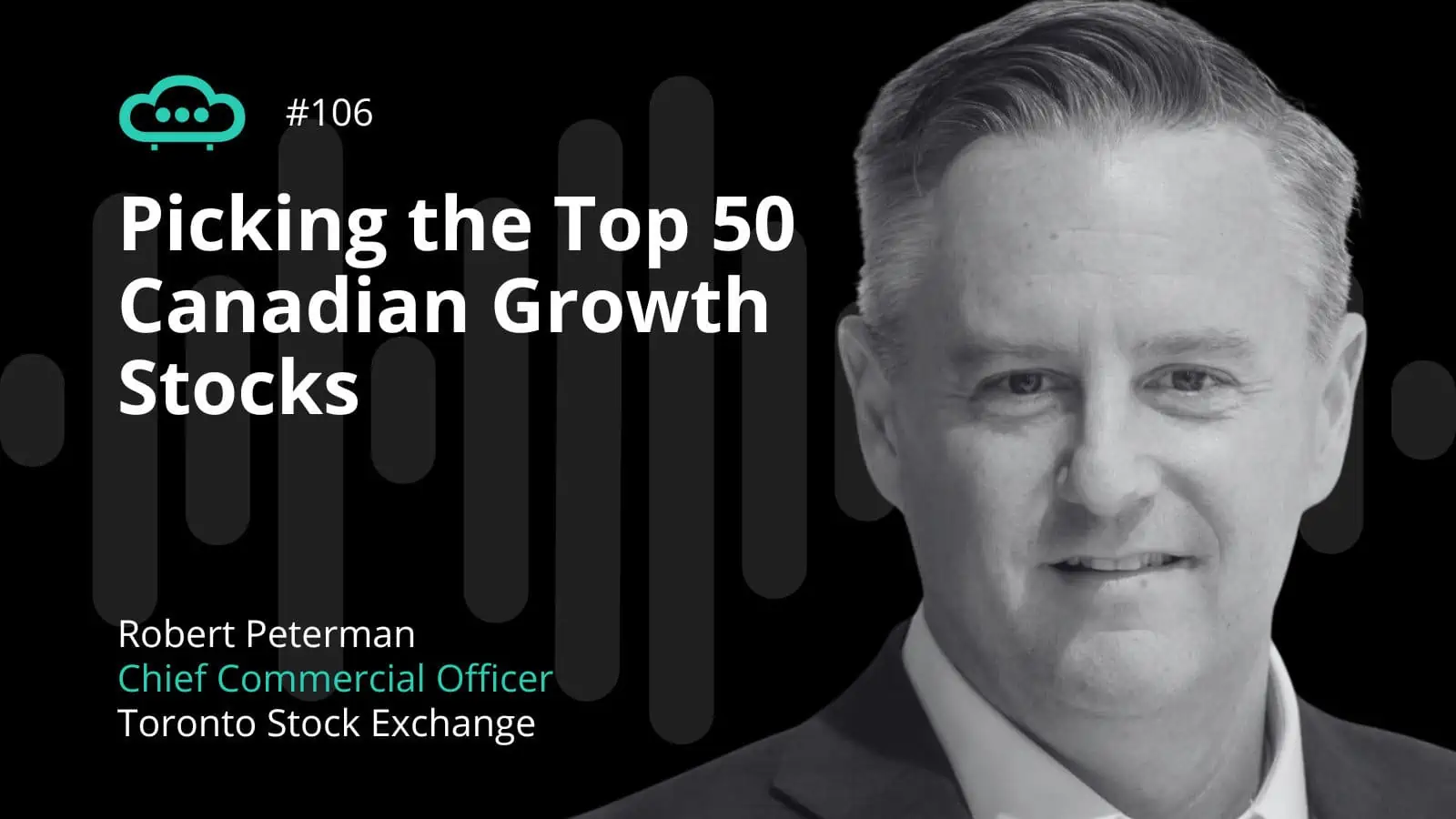In the same way that a rising tide lifts all boats, a decline in investor sentiment regarding the tech sector has spared few stocks, and that includes Tesla (Nasdaq: TSLA). Add to that ongoing concerns surrounding Tesla founder Elon Musk’s widely publicized bid for Twitter (NYSE: TWTR), and it is no surprise that many investors are wondering if they should double down on their Tesla holdings while the stock is down or head for the nearest exit.
Between inflation, higher interest rates, uncertainty regarding the fallout of the Russian-Ukranian war and investors’ fears that the boost many tech stocks experienced during COVID has come to an end, technology stocks have taken a beating in recent weeks and Tesla has been right alongside them.
The company’s stock recently fell as low as $620.57 on May 24, a 43% decline from its $1,089.38 opening price on April 4, the day that Musk first revealed he had acquired a 9.1% stake in Twitter and 50.1% below the stock’s 52 week high ($1,243.49) on November 4. While the market initially responded well to Musk’s Twitter news, with the stock closing up 5% that day, the April 14 announcement of his plans to acquire the entire company and the events since then haven’t been met with the same enthusiasm.
Can we still be optimistic about Tesla’s prospects?
“The Twitter overhang and distraction has hurt Tesla’s stock price, which is down 40% since Elon launched his $54.20 bid. The most likely outcome is that Elon negotiates a lower price of $45 a share. Once the deal closes, the overhang association with Elon selling more of his Tesla shares will lift,” said Gary Black, founder and CIO of The Future Fund and the former CIO and CEO of Janus, referring to investor concerns that Musk’s distraction with his effort to acquire Twitter could prove harmful to Tesla.
With electric vehicle adoption expected to increase five times between 2002 and 2006 and experience 40% volume growth, Black predicts Tesla’s earnings per share will rise to $58 a share and will be worth $2,320 in 2026. But not everyone is as optimistic.“While there are several benefits to continuing to invest in Tesla, there have been recent warning signs that have begun to signal. Current red flags to investing in Tesla includes Musk’s ‘serial’ entrepreneurship, a significant increase in competition, potential focus on reducing the cost of gasoline by increasing domestic output and lack of regulatory or infrastructure embracement of the technology,” said Ryan Flanders, an investment advisor and portfolio analyst at The Flanders Group. He added that if Musk loses his focus and Tesla isn’t able to remain a thought leader in the EV sector, the company’s dominant position could be overtaken. In particular, he pointed to companies such as Lucid Motors (NASDAQ:LCID), which has been making significant inroads in international markets and could potentially hurt Tesla’s overseas business. Additionally, he believes that if the U.S. becomes a net exporter of fuel again it could result in diminished demand for electric vehicles.
Overall, however, Flanders believes there are still plenty of reasons to continue investing in Tesla. “From a market standpoint, currently there is a steep discount at its current share price due to an increase in interest rates hitting tech related companies overall. But Tesla is still the grandfather of the EV sector and most competition is still significantly behind it,” he said. “Musk’s efforts to buy Twitter should not concern Tesla investors any more than any of his other endeavors.”
For many investors, however, Twitter is a significant concern. While some believe that a Twitter acquisition could ultimately provide Musk an even better advertising vehicle for Tesla, the greater sentiment seems to be that it could be a detrimental distraction. And then there’s the issue of Donald Trump and the possibility that Musk could allow him back on Twitter – a possibility not likely to sit well with a large portion of the American public, particularly left-leaning voters who tend to be more environmentally conscious and make up a large portion of Tesla’s customer base.
Watching the executives
Some industry observers have noted that Musk’s stated intention to loosen content restrictions on Twitter – which could lead to a cascade of right-wing propaganda – could be poorly received by the Chinese government. Were that to happen, it could have potential repercussions for Tesla as well, given that Chinese buyers represent a sizeable portion of vehicle sales.
There are also concerns around Musk’s financing of the Twitter deal, which already necessitated him selling roughly 6% of his holdings in Tesla to finance his initial stake in the social media platform. Given the debt Twitter will need to take on to make the deal close, many investors fear that Musk will eventually have to dig deeper into his own pockets to initiate any real change on the platform and that doing so would require him to sell of larger chunks of Tesla stock, which could ultimately trigger a major downturn for the stock.
For Asher Rogovy, chief investment officer of investment advisory firm Magnifina, the biggest concern investors should focus on right now is the actions of Tesla’s senior executives. “Perhaps the biggest red flag is the extreme amount of insider selling. Over the past 12 months, insiders have sold over $25 billion in shares, likely at prices much higher than today. That is not a good sign for the near-term.”
Our turn to ask – “what would you do with your Tesla shares?” $TSLA
— The Armchair Trader (@armchairtweets) May 27, 2022












